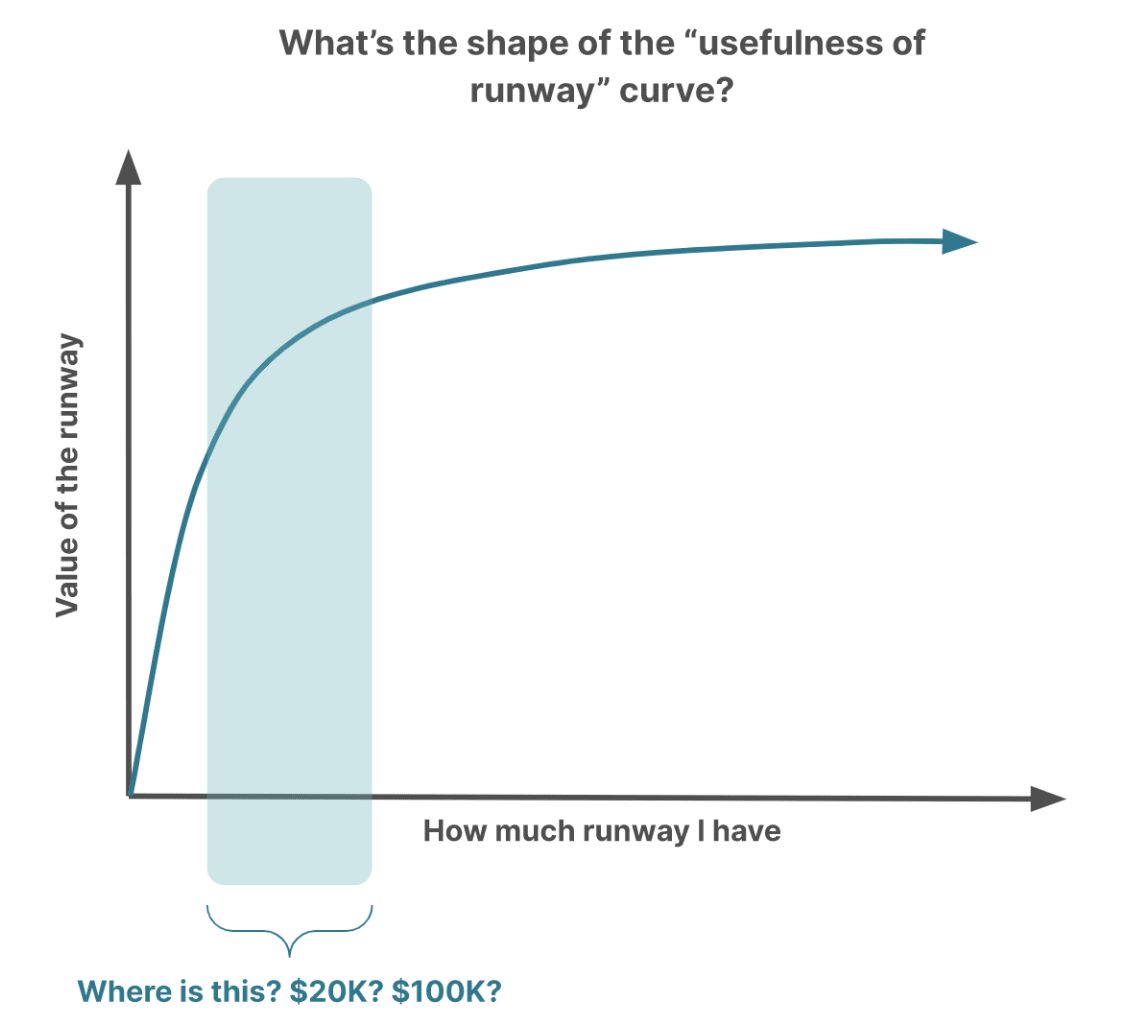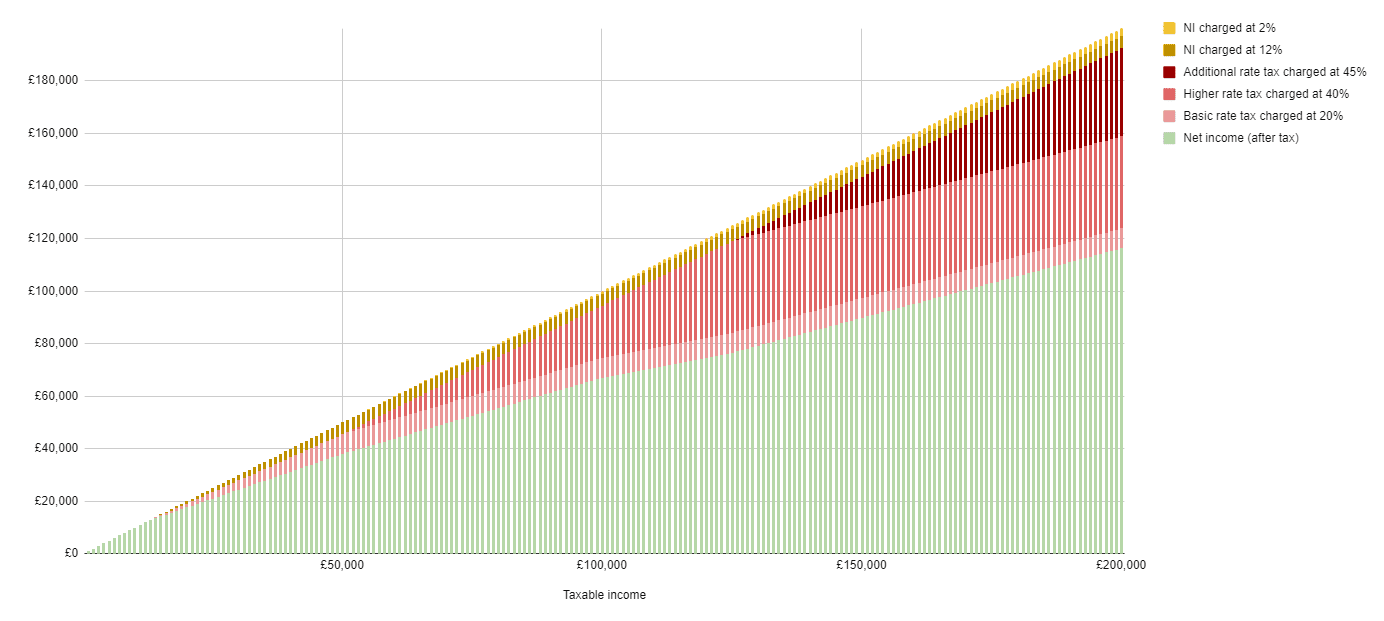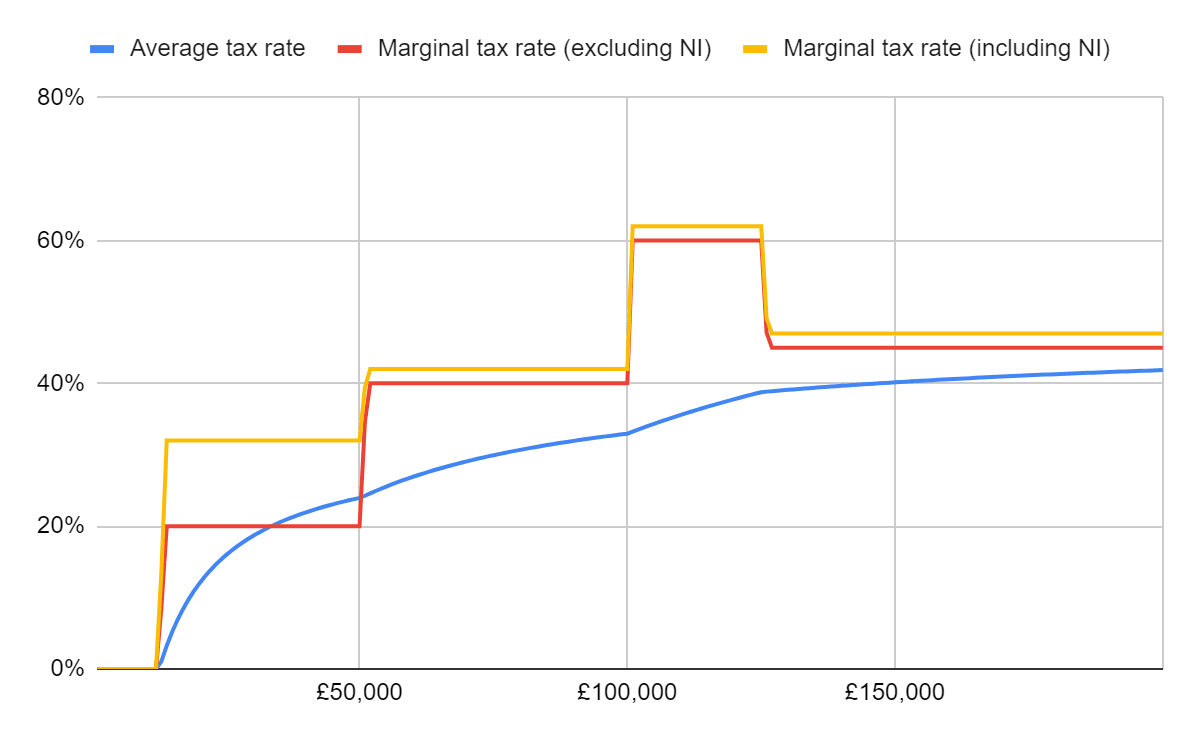This is a belated (and rough/short!) post for Effective Giving Spotlight week. The post isn’t meant to be a criticism of GWWC or of people who have taken the pledge[1] — just me sharing my thoughts in the hope that they’re useful to others or that I’ll get useful suggestions. Also, since I drafted this, there’s been a related discussion here.
I donate, and I’ve sometimes thought about taking a GWWC pledge, but haven’t taken one yet and don’t currently think I should. The TL;DR is that I’m worried about (1) runway and (2) my life changing in the future, such that donating more would be unsustainable or would trade off in bad-from-the-POV-of-my-EA-values with direct work.
Longer notes/thoughts
I’m currently prioritizing “direct work”. That doesn’t mean that I can’t donate (and in fact I do and enjoy doing it when I do), but I’m worried about committing to donating in a way that would lead me to make poor tradeoffs in the future. Signing the pledge seems like a serious commitment.
In particular, I’m thinking about:
1. Having enough runway[2]
- Runway seems important (and has been discussed a fair bit before, see e.g. here and more recently).
- … for potentially starting something on my own, or taking a poorly paid (or unpaid) opportunity to upskill
- E.g. going into a Master’s program, taking a sabbatical to see if I can build up a new idea, etc.
- … for epistemics & independence
- E.g. if I was worried about EV/CEA/the usefulness of my work, I can imagine leaving without another opportunity lined up, so I’m relatively free to consider what’s wrong at EV/CEA (otherwise this would be really stressful to think about). If I had no runway at all, I’d have a much harder time thinking about leaving. [Edit: see an elaboration on this point in this comment.]
- … for potentially starting something on my own, or taking a poorly paid (or unpaid) opportunity to upskill
- To the extent that donations trade off building runway, I should factor that in.
- I.e. if the alternative to donations right now is saving money, and I’m below where I should be for having enough runway, that means donations are in some sense more costly. It doesn’t mean I shouldn’t donate in any situation until I've hit my runway target, just that the bar is probably higher for me right now.
- How much runway someone should have (i.e. the shape of the “usefulness of runway” curve[3]) is confusing to me — I’d be interested in hearing what others think.
2. My life changing in the future, such that donating more would be unsustainable or would trade off in bad-from-the-POV-of-my-EA-values with direct work
- I have a family that I may need to support in some circumstances. I’ve thought about (not-too-unlikely) scenarios in the coming years where I might face a choice between having drastically less time for my work, spending significant amounts of money, or not fulfilling my family obligations in a way that I think is bad. (Being there for my family is one of my core values/goals.)
- And I probably want kids. If I have a child (or multiple children), I think there are many worlds where it would be better for me to be able to do something like hire a part-time nanny or pay for other services that would allow me to work more. (See this recent post!)
- Not committing to donating a certain amount every year might mean I can make better tradeoffs in situations like these.
3. Some worries about my thinking
- My reasoning might be motivated: I might be fooling myself into thinking that I shouldn’t take the pledge because that would be less stressful for me.
- Value drift: I’m worried that my future self might not donate for reasons that I don’t endorse. But I’m not too worried about that right now.

- ^
I'm really grateful to (and impressed by) the folks who've taken a donation pledge and who donate a lot.
- ^
Runway is less specifically related to the question of whether to take a pledge, vs. just the choice of whether I should donate at any given point, but it’s something I’m thinking about as I think about whether I should take a pledge.
- ^
Here's a sketch of what I mean:
I’m also not sure I’m even tracking the considerations that might be most important for determining this curve for myself or in general.






The distinction is important because (a) it’s good to encourage people to make high-impact career trade offs, but (a) GWWC isn’t/shouldn’t be about starting to track all of people’s impact decisions in one place and converting all volunteering and lower (or hypothetically lower based on glancing at Glassdor) paying jobs into $ so you can then donate less actual dollars. It’s about recognising if you’re in a relatively well off financial position and voluntarily using your available financial resources to help others as effectively as you can.
Allowing some flexibility for means of donation (eg stock transfer, salary sacrifice, payroll giving) where it’s simpler or more tax efficient is better than saying it always has to be cash, but getting into the game of hard to measure non currency counterfactuals is a slippery slope that would undermine the advantages of a simple common norm.
Similarly if someone were to donate $10k of stock that they had good reasons to believe was about to lose half its value (i.e. knowing it’d only be worth half as much to themselves or the charity) and then it subsequently did lose half its value before the charity could liquidate it, then it would be in the spirit of the pledge to think about that as a $5k donation (regardless of what the taxman thinks). (Although the kind of donor that’s donating large amounts of stock and is very bought into the spirit of the pledge is likely well above the 10% anyway and wouldn’t be faulted for not finessing their pledge calculation to account for this if they’re so far above their 10% that it’s immaterial to whether they’re on track to meet their pledge or not).